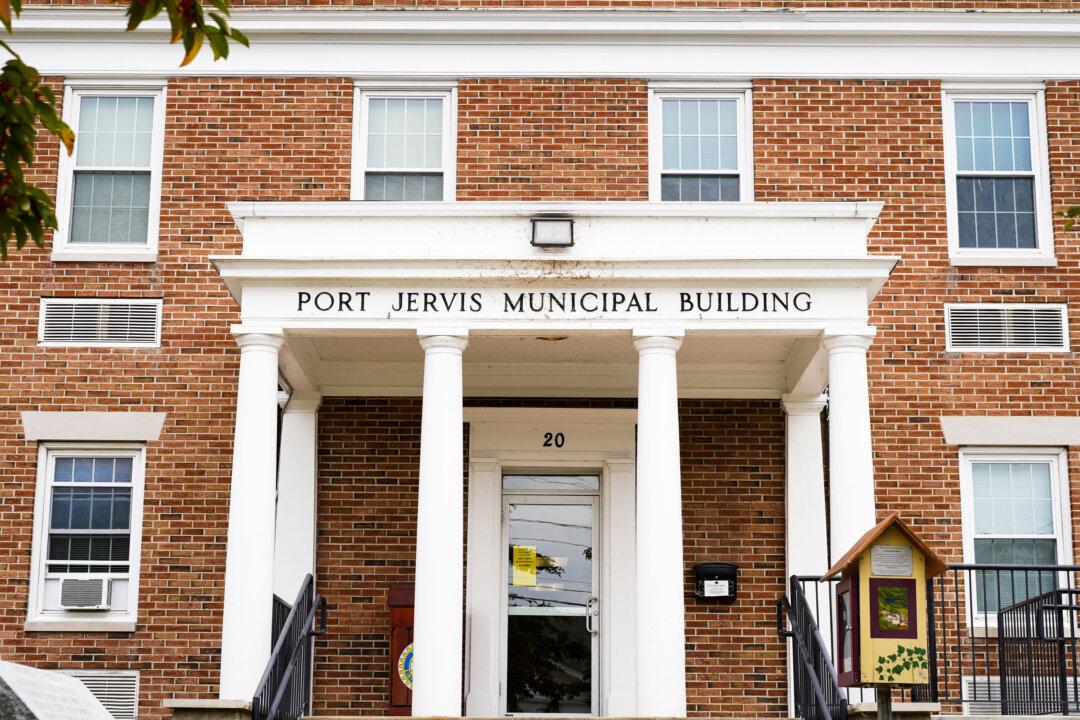Two city council members in Port Jervis, New York, told The Epoch Times that the proposed city tax levy would make lives even harder for financially struggling residents.
Mayor Kelly Decker proposed an 8.9 percent increase at the Oct. 3 city council meeting, which means an average resident would see a $315.30 increase on the next city tax bill.





